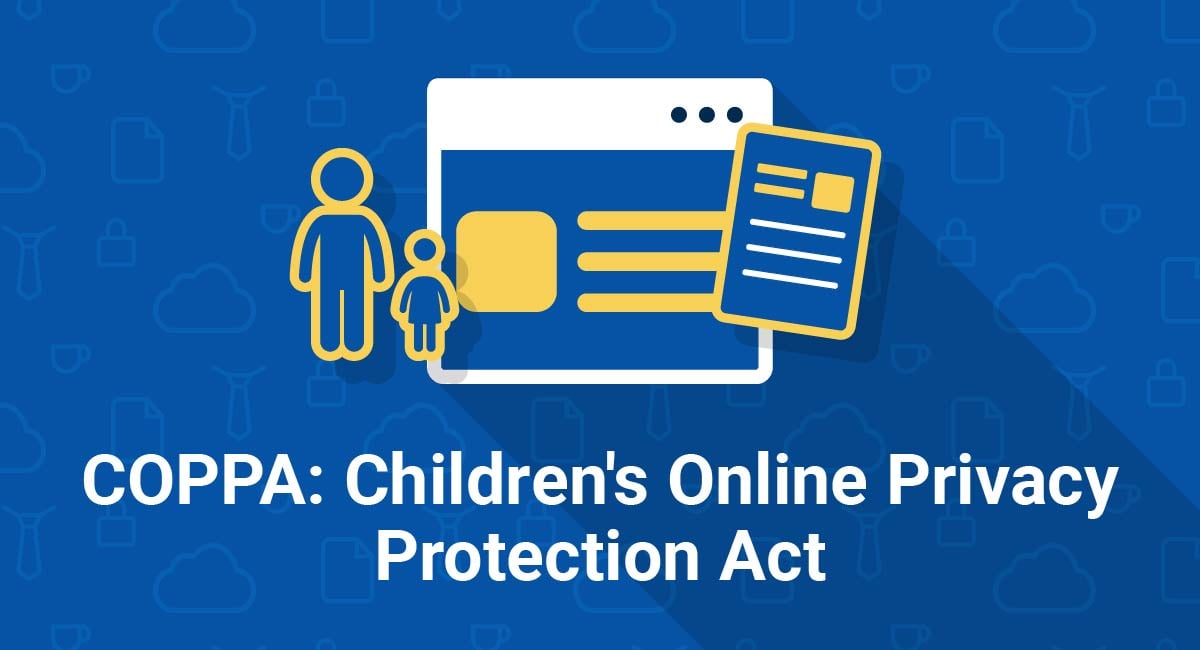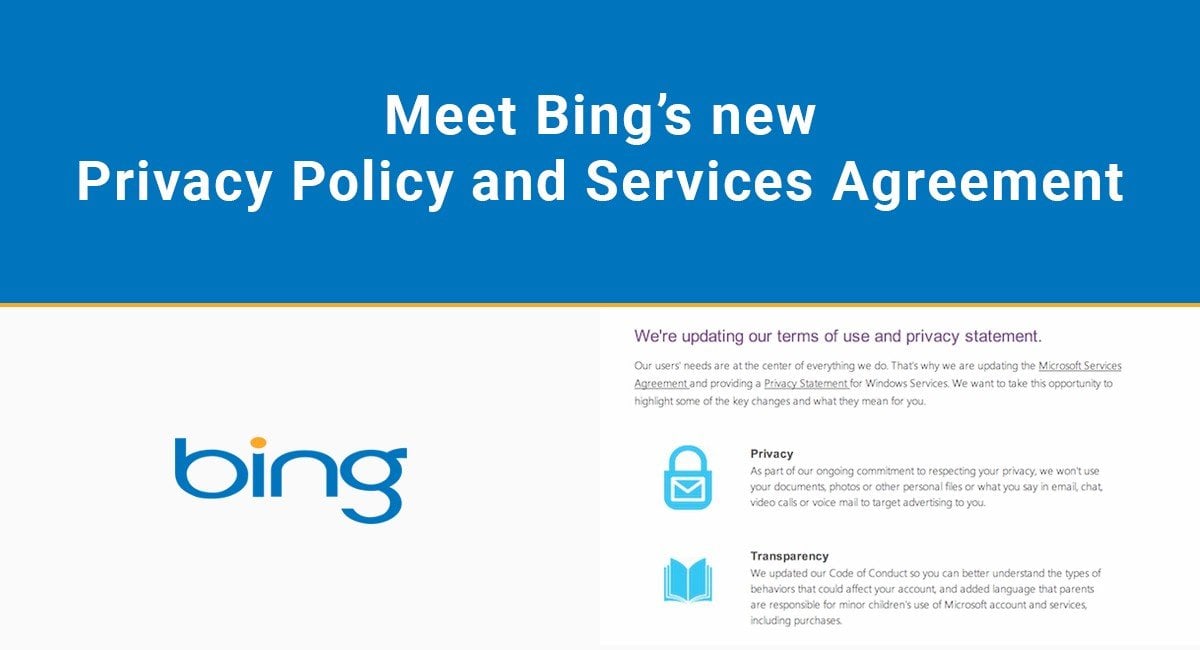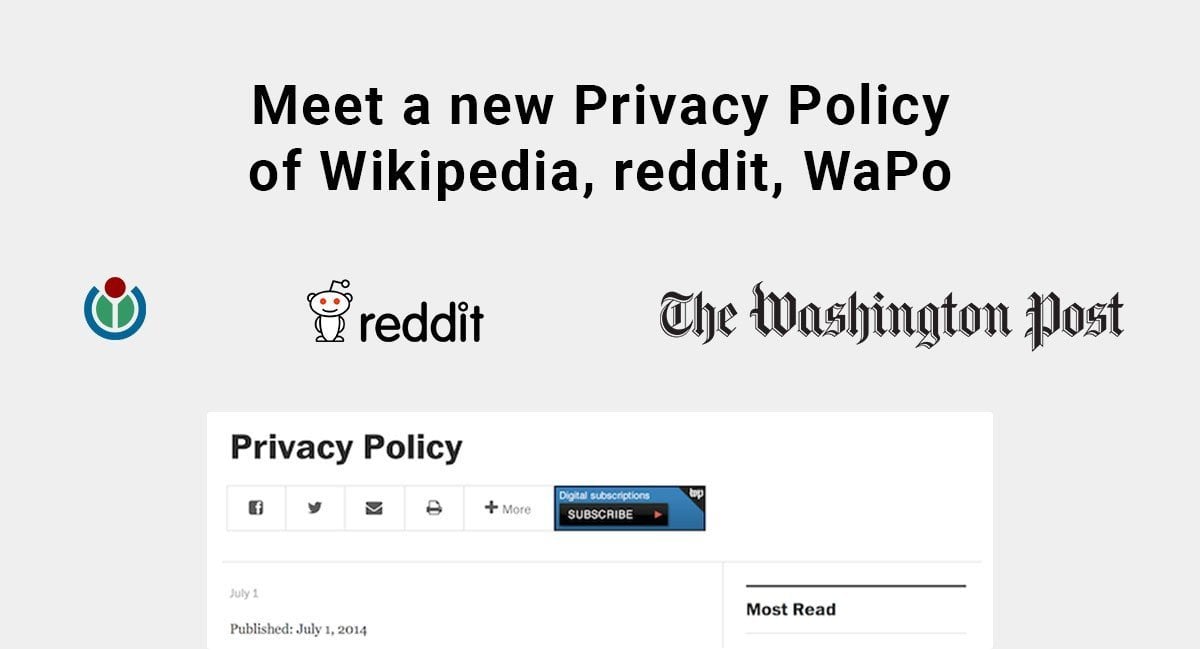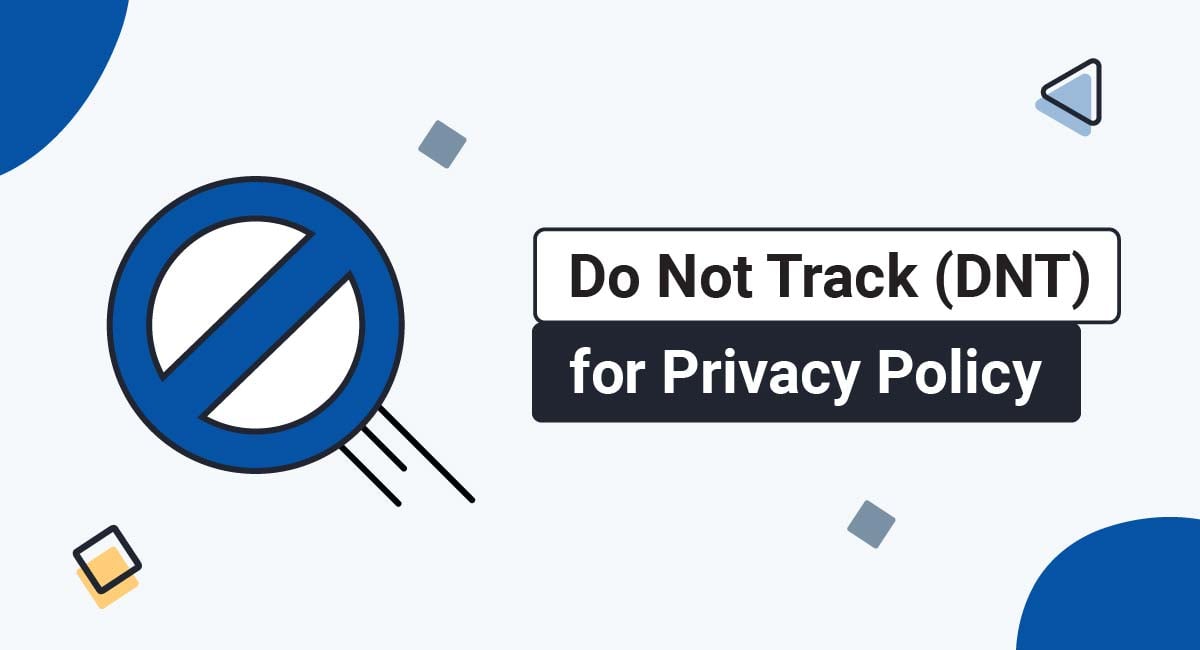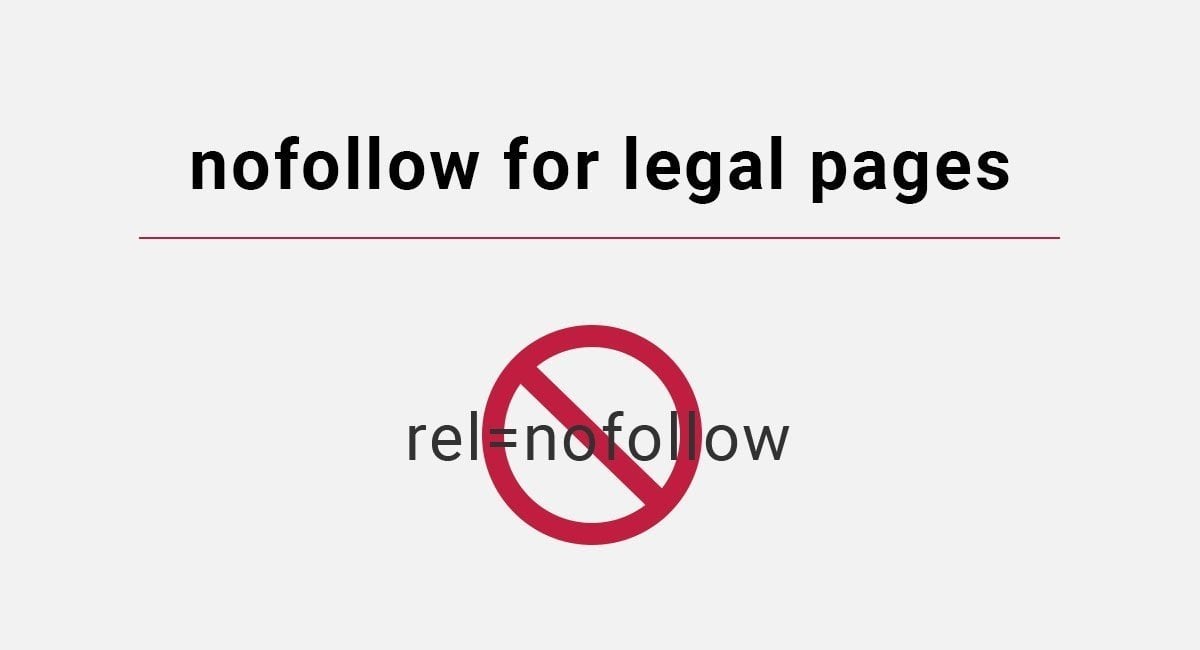Blog: Privacy Policy Agreements
Page 39
Navigate
-
EULA Agreements
-
Cookies Policy Agreements
-
Disclaimer Agreements
-
Privacy Policy Agreements
-
US Privacy Laws
-
Return Policy Agreements
-
Legal Requirements
-
EU Privacy Laws
-
Terms & Conditions Agreements
-
How to
-
Asia Privacy Laws
-
CA Privacy Laws
-
Consent
-
Templates
-
Consumer Privacy
-
AU Privacy Laws
-
LatAm Privacy Laws
-
Clauses
COPPA: Children's Online Privacy Protection Act
In this guide, you'll learn more about COPPA - the online privacy law aimed at protecting kids - and how it applies to your website or mobile app. We'll cover who it applies to and what you'll need to do to comply if you fall into that category, including requirements for...
Meet Bing's new Privacy Policy and Services Agreement
In June 2014, Microsoft announced a series of changes to its Privacy Policy and its Services Agreement. The "Services Agreement" is the agreement that governs the rules for using Microsoft Services as a customer of Bing Ads. The changes to Microsoft's Privacy Policy and Services Agreement were announced through email. It follows the...
Meet a new Privacy Policy of Wikipedia, reddit, WaPo
These days major publications and corporations are announcing changes to their legal agreements and inform users through different means, like email or changes to the website. Microsoft also updated its Privacy Policy for Bing Ads and informed users through email about the changes. Wikipedia, reddit and Washington Post (WaPo) have also recently...
Do Not Track (DNT) for Privacy Policy
If you operate your business from California or have a customer base in California, you're required to comply with the California Online Privacy Protection Act (CalOPPA), which requires websites to notify users how that website responds to "Do Not Track" settings. This article will look at this requirement and what you...
nofollow for Legal Pages
The SEO industry is asking: Do you need to have the links to a website's legal agreements with the rel=nofollow or the rel=noindex attribute or without the rel tag? A website or a mobile app can have a wide range of legal agreements, but the most common agreements are: Privacy Policy Terms and Conditions...
Meet LinkedIn's new Privacy Policy
We covered LinkedIn's Privacy Policy in a previous article on how Google and LinkedIn ran a campaign to notify users about upcoming changes to their legal agreements. However, that article covered only the campaign that LinkedIn ran, not its Privacy Policy page itself. Let us see why LinkedIn's Privacy Policy is great...
